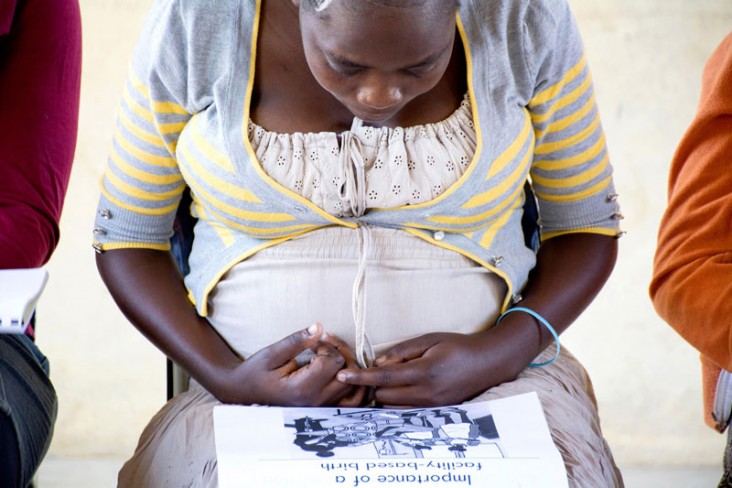- What We Do
- Agriculture and Food Security
- Democracy, Human Rights and Governance
- Economic Growth and Trade
- Education
- Ending Extreme Poverty
- Environment and Global Climate Change
- Gender Equality and Women's Empowerment
- Global Health
- Water and Sanitation
- Working in Crises and Conflict
- U.S. Global Development Lab

In order to meet the long-term needs of the more than 36 million people living with HIV, the U.S. Agency for International Development (USAID) recognizes the importance of working with countries to mobilize their domestic resources. USAID is the lead coordinator and implementer of the U.S. President’s Emergency Plan for AIDS Relief’s (PEPFAR’s) Sustainable Financing Initiative (SFI), which aims to deliver an AIDS-free generation through shared financial responsibility with partner country governments.
In 2014, PEPFAR committed $63.5 million, to be disbursed over multiple years, through the SFI to support ongoing country-led efforts to further mobilize their own resources to address the needs of people living with HIV/AIDS.
For the first phase of the initiative, five countries are participants:
- Kenya
- Nigeria
- Tanzania
- Vietnam
- Uganda
USAID collaborates with relevant stakeholders, including USAID missions, to support new and ongoing health financing activities that aim to increase domestic resources for the health sector. USAID is working with countries to mobilize their domestic resources while ensuring transparency, accountability, and impact. SFI creates impact by increasing service coverage for prevention, care, and treatment; strengthening financial protection; and improving access for vulnerable populations.
USAID focuses on four approaches to mobilize additional domestic resources for HIV and AIDS. The mix of these interventions is uniquely tailored to each country’s context. Interventions include:
- Advocacy: Using evidence to generate and sustain political will so that host governments allocate more resources to health and to mitigating the impact of HIV.
- Tax administration and policy: Increasing tax revenues through either improved tax collection or the development of new taxes is a critical part of domestic resource mobilization. Equally important is enhancing financial management and improving expenditure analysis to increase the efficiency of resource mobilization.
- Technical efficiency: Improving technical efficiency through commodity procurement and supply chain system strengthening, health insurance, and other financial management reforms allows countries to avoid waste and improve health and HIV/AIDS outcomes with existing sets of resources.
- Private sector: Expanding the use of private health insurance markets and encouraging private markets to increase options and facilitate greater participation creates sustainable health outcomes and greater service coverage.







Comment
Make a general inquiry or suggest an improvement.